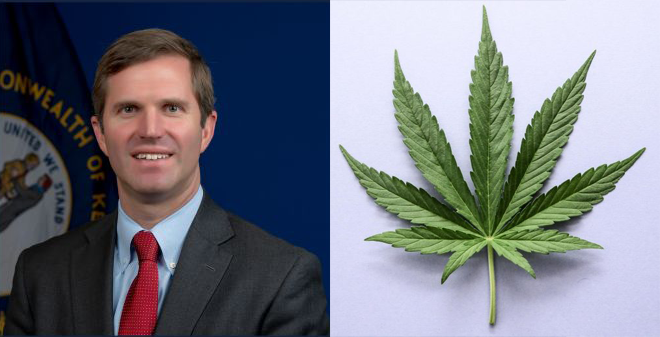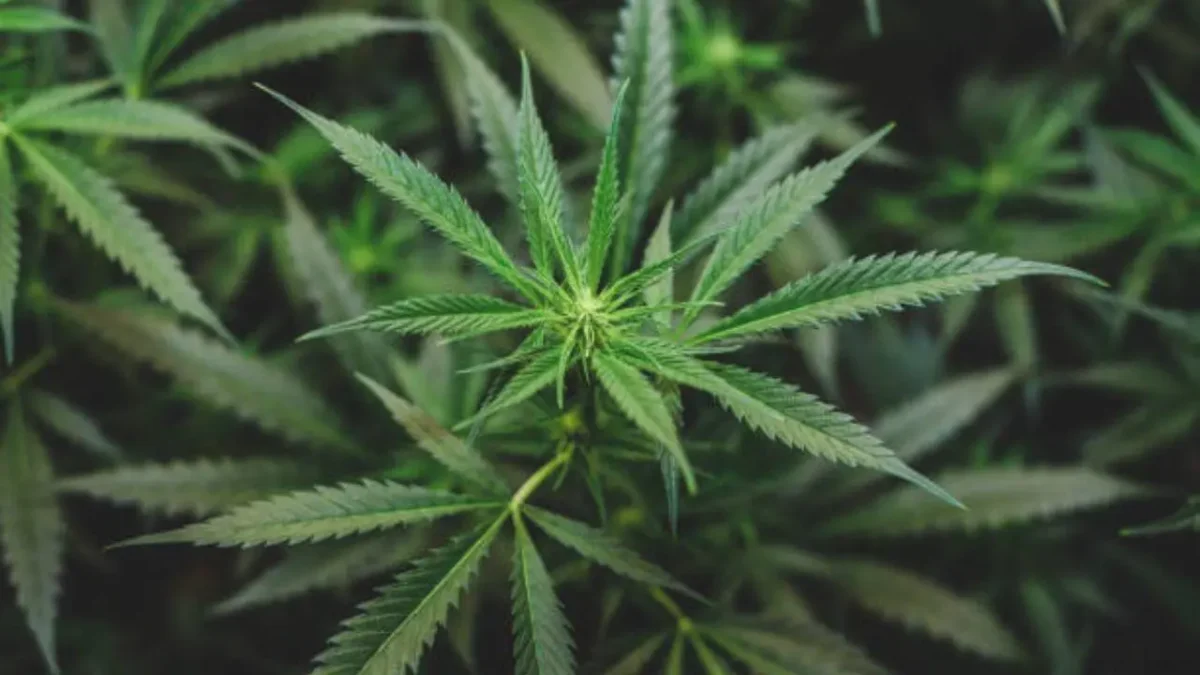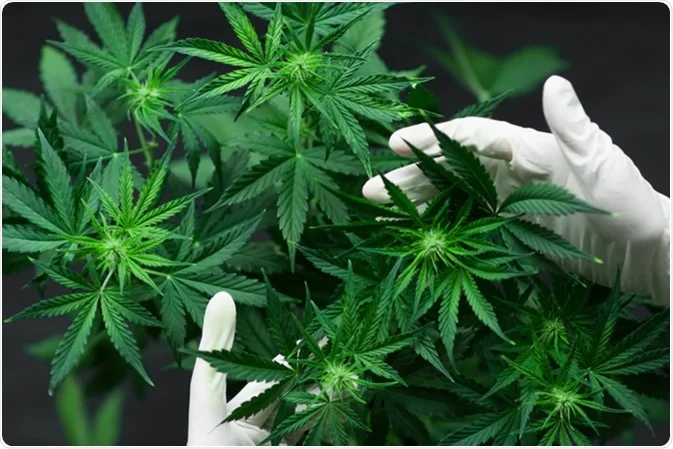The Next Big Thing in Cannabis: Federal and State Legislation That Could Change Everything!
The cannabis industry in the United States stands at a pivotal moment as significant legislative changes loom on the horizon. These changes could reshape the industry, affecting everything from regulation to market dynamics at both federal and state levels.
Federal Rescheduling: A Potential Game-Changer
At the federal level, the Biden administration’s proposal to reclassify marijuana from a Schedule I to a Schedule III substance has captured public attention. The move has generated widespread interest and support, with nearly 43,000 public comments submitted. This overwhelming response reflects strong advocacy for federal reform, which could pave the way for broader acceptance and regulation of cannabis nationwide.
Reclassifying marijuana as a Schedule III substance would have far-reaching implications for the industry. It could alleviate many of the challenges currently faced by cannabis businesses, such as banking restrictions and tax burdens. This change would open new avenues for growth and innovation, making it easier for businesses to operate and thrive.
State-Level Legalization: Expanding Markets
Meanwhile, several key states are preparing to vote on recreational cannabis legalization in 2024. Florida and Pennsylvania are at the forefront of this movement, with ballot initiatives gaining significant momentum. The potential legalization in these states could open substantial new markets, driving economic growth and creating new business opportunities for entrepreneurs and investors.
Implications for the Industry
These legislative developments are critical for the future of the cannabis industry. Federal rescheduling would provide a more consistent regulatory framework, facilitating growth and stability. State-level legalizations would further normalize cannabis use and expand the consumer base, contributing to the industry’s overall growth and resilience.
Stakeholders in the cannabis industry are closely monitoring these legislative efforts, as their outcomes will have far-reaching implications. The continued push for reform underscores the evolving landscape of cannabis regulation and the increasing recognition of cannabis as a legitimate and valuable industry.
Conclusion
In summary, the cannabis industry in the United States is at a critical juncture, with potential legislative changes that could transform the sector. Federal rescheduling and state-level legalizations are poised to open new opportunities and challenges, shaping the future of cannabis in America. The industry’s adaptability and resilience will be key to navigating these changes and capitalizing on the new opportunities they present.











